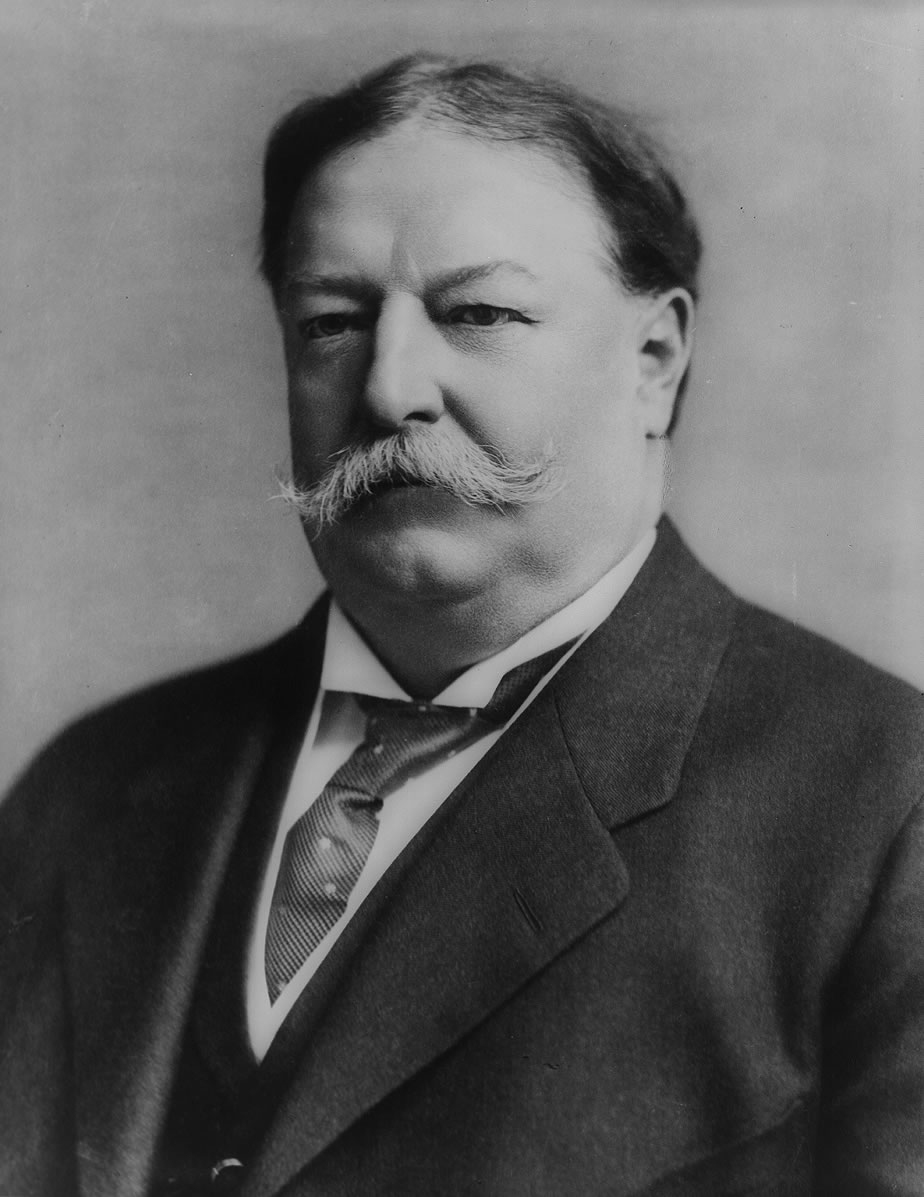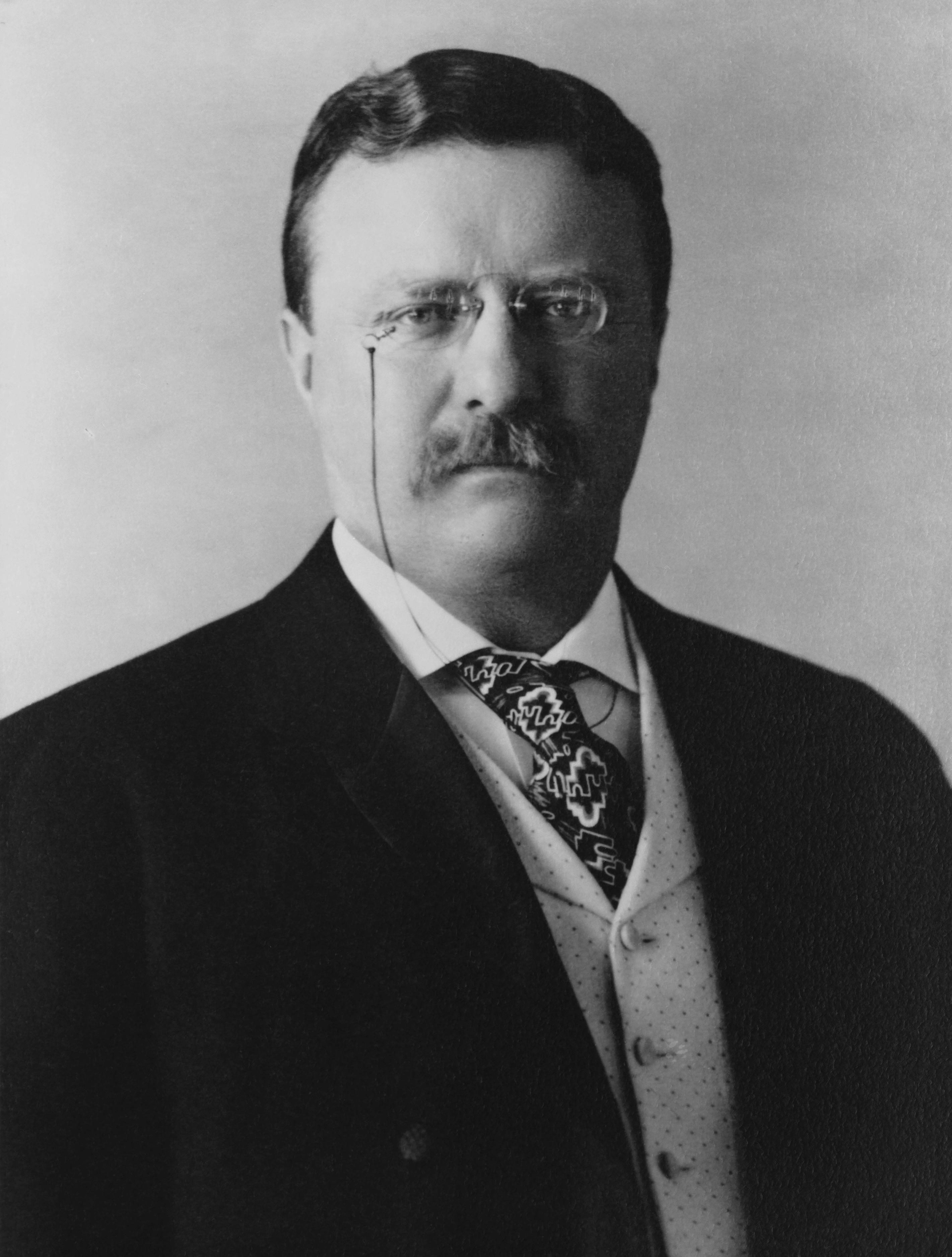One unfortunate effect of a hyperactive, omnipresent federal government is that when things go wrong, (e.g. a nearly unprecedented economic debacle) the public turns to Washington, assuming a nifty little piece of congressional legislation will right the ship (ignoring the fact that the waves of the stormy sea are an artificially inflated housing bubble effected by government institutions,
incentivized irresponsibility via government bailouts and two unnecessary, resource consumptive wars).
Don't get me wrong, an appropriate congressional response to the economic crisis would provide short term stimulus, strengthen the country's long term market structure, and preclude similar downturns in the future. However,
American Recovery and Reinvestment Act proposes a messy response that will ultimately impede the emergence of our economic vessel from such unprofitable undulations.
As is frequently the case, the only acceptable solution is less government, not more.The media certainly shares part of the blame for this dependent mindset. Continuously asking questions like: "Can President Obama fix the economy?" inculcates a perception that it is President
Obama's responsibility to "fix the economy" although the
framers of the Constitution would hardly have supported the desperate efforts of the Office which have become exactly what is expected.
With this in mind, let's look at the Stimulus Package and Identify a few
Major Problems. 1. There is no stimulus. Proponents of the bill would have you think the following: "A thief steals the money of an individual, and then spends it. This stimulates the economy." Obviously, this statement is false. The money being released by the package was produced elsewhere and is merely being redistributed, not created.
So let's look at the option of creating money. "A con artist prints perfect artificial money that is never recognized as illegitimate." Again, there is no positive effect. Money is an inherently valueless representation of the prosperity generated by productivity. Thus, printing additional money causes only inflation, and
actual stimulus must
adress productivity.
2. Spending will not increase. Tax cuts only stimulate spending when accompanied by spending cuts.
Ricardian Equivalence explains that an unsustainable budget decreases potential consumers' willingness to spend, as a tax break only delays an inevitable tax increase. A tax cut unvalidated by a commensurate decrease in federal spending is like an Indian gift: caveat
emptor.
3. "Buy American" clause recrudesces primitive protectionism. The
Smoot-Hawley Tarriff Act of 1930 was passed despite the pleas of 1,028 U.S. economists, and propelled the U.S. into the Great Depression full force, reducing imports and exports by more than half. Ignoring the empirical failures of economic protectionism, the stimulus package vows to support only American manufacturers with its purchases. This will hurt the economy not only through the indubitable retaliative measures that will be taken by foreign nations, but also by restricting the growth of otherwise burgeoning industries which ought to employ future generations for the sake of sustaining inefficient productive systems and companies.
Now just for
funsies, let's look at how a rational stimulus package would eliminate these problems, and elevate economic activity.
1. Lubricate the economy by repealing the Corporate Income and Payroll Taxes. The
Corporate Income Tax discourages investment and obfuscates corporate accounting practices, effecting a loss of oversight. Increased investment levels would decrease unemployment and ultimately increase government revenue through other taxes in the ensuing
eonomic growth.
The Payroll Tax just doesn't make any sense.
Altough government intends for both employers and workers to bear the incidence of the payroll tax, companies eschew their portion of the burden by lowering wages and benefits for workers. As is always the case with taxation, market actors are able to circumvent the regulations as Washington envisioned them (e.g. luxury tax). Those concerned with our country's disparity of wealth should promote more equitable taxation policies (e.g. flat tax, fair tax etc.) rather than the inefficiencies of a welfare state.
2. Cut Federal Spending. Every election I can remember has featured several candidates, all of whom claim to be the most fiscally responsible. As political participants, taxpayers drool over proposed spending cuts- at least before a hypocritical case of reverse
NIMBY (Not In My Back Yard) syndrome kicks in. But the federal government can do a great deal to enact retrenchments that don't disadvantage any geographical collection of constituents over another. This can and should be done by:
A) Withdrawing all combat troops from Iraq. Although a phased withdrawal is underway, Iraq's recent election lends timeliness to this campaign. For the optimization of liberty, the Iraqi people must be allowed to govern themselves.
B) Raising the age minimum for social security benefits. Social Security was implemented in 1935 to help supplement the income of retirees. Its misuse and irresponsible appropriation since then has resulted in egregious withdrawal errors, the rate of which are clearly unsustainable. Additionally, American life expectancy has risen from 61.7 years at the time of the program's creation to more than 78 years now, but the age requirements have never been adjusted to reflect the increase.
C) Repealing
NCLB. The 2001
reauthorization of the Elementary and Secondary Education Act of 1965 (one of the more intrusive of LBJ's "Great Society"
experiments, not to mention one in violation of the
10th amendment to the Constitution) has demonstrated exactly why such powers were reserved to the states- the provisions are highly controversial and the decision making process should be decentralized for the maximization of effective education. The revelation of the whopping $13 billion dollar price tag shows that this perversion of government is not only ill-advised, but unneccessarily expensive.
These spending cuts will convince consumers that their tax cuts are permanent rather than ephemeral, and send them back to the retail stores in droves.
3. Remove the "Buy American" clause so that our country gets the best deal on the products it purchases, and doesn't get waxed by the inevitable protectionist retaliation of foreign trading partners.
President Obama tells us, "Yes, we can. He also tells us to, "hope". Perhaps mixing dogmatic certainty with a bewildered appeal for faith
is the formula our country must employ to mitigate the effects of this recession. But in many, myself included, it elicits a skepticism worthy of the misguided and harmful policies it advocates.






